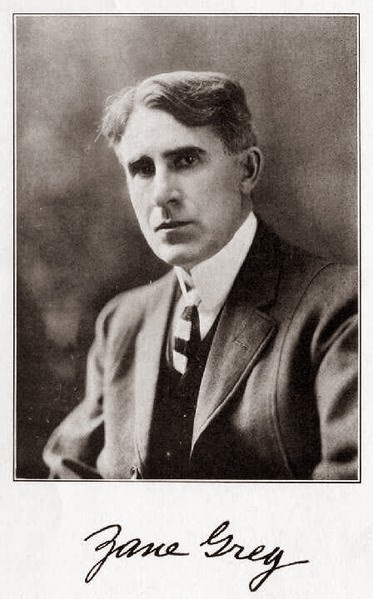For approximately twenty-four hours following last week's historic Supreme Court decision of Obergefell v. Hodges, I saw nothing but joy on the Internet. My Facebook feed was filled with rainbows and "LoveWins" hashtags. (I must admit that I still don't fully understand hashtags, but I could appreciate the sentiment.)
Then the backlash started. It ranged from disapproving but forgiving ("Jesus still loves you, even though you are a sinner") to downright hateful ("You are going to burn in hell, and I would be happy to supply the match").
I am not a theologian, and I will not presume to tell you what the Bible says or does not say about homosexuality. (There are plenty of other people on the Internet who will be more than happy to do that.) I do know that Jesus had a lot to say about tolerance and forgiveness. And the one thing he said that he particularly wanted his followers to remember was that bit about "loving thy neighbor as thyself."
I am not a Buddhist, either, but one of my favorite quotes, which I came across for the first time on the Internet a few years ago, is this one:
"If you propose to speak, always ask yourself, is it true, is it necessary, is it kind."— BuddhaAn excellent rule, particularly in these days when everyone feels free to express whatever they like on the Internet, regardless of how it may affect others.
1. Is it true?
Before posting anything, it should go without saying that you should make sure it is true. Don't take the word of one source. Google it, and see what other people have to say about it. For instance, I Googled the above quote and found that Buddha never said it. It was actually some guy named Bernard Meltzer, and what he actually said was, "Before you speak ask yourself if what you are going to say is true, is kind, is necessary, is helpful. If the answer is no, maybe what you are about to say should be left unsaid." (Which in my opinion is just as good, though somewhat less succinct.)
2. Is it necessary?
Let's face it, nearly everything that is posted on the Internet is unnecessary. Unless you are posting a warning about an imminent tornado, earthquake, flood, fire, locust swarm, etc., the world can do without your post. However, if it passes the next test, I would say go ahead. I fully intend to post this, although, like everything else I have ever posted, it is completely unnecessary, and will only be read by a handful of people (at least a few of which, according to my Blogger stats, are in Russia).
3. Is it kind (and/or helpful)?
You don't need Google for this, just a little empathy. Try to put yourself in the position of your readers. Ask yourself, "How would I feel if I were [gay, straight, conservative, liberal, black, white, Christian, Muslim, etc.], and I read this post? Would I feel it was kind? Would I feel it was helpful? How would it make me feel?"
If it's not true, not necessary, not kind or helpful, then why on earth would you want to post it?
If you are American, have a safe and happy Fourth! And please remember that our Founding Fathers believed that we were all created equal, all of us with the same unalienable rights to life, liberty, and the pursuit of happiness.
And if you are Russian, "Dobraye ootro!"







.png)

